
A forum on low-carbon transport and new energy vehicles attracts over 70 attendants on Dec 5, 2023 at the China Pavilion at the COP28 in Dubai, the United Arab Emirates. (Photo provided to chinadaily.com.cn)
China's auto industry is expected to play a bigger role in combating climate change thanks to its leading position in electrification, said officials and experts.
Low-carbon transport is a crucial measure to tackle the challenge that confronts the world, said Zhao Yingmin, vice-minister of ecology and environment.
He made the remarks on Tuesday at an event organized by the China Automotive Technology and Research Center at the COP28 climate summit held in Dubai, the United Arab Emirates.
As the world's largest market for new energy vehicles, China has blazed a green, low-carbon path in line with the trend of the automotive industry, said Zhao.
He said China's transport industry should further improve its technological level and deepen efforts to go green to play a bigger role in combating climate change.
Inger Andersen, executive director of the UN Environment Programme, said the transport industry accounts for over 25 percent of global emissions.
She said e-mobility is crucial to the fight climate change and China has been playing an active role because of its leading position in the sector.
Sales of new energy vehicles reached 7.28 million units in China from January to October this year, accounting for around 30 percent of total new vehicle deliveries in the same period.
Anders Karrberg, head of global sustainability at Volvo, said the Swedish carmaker has been working to offer more environmentally friendly mobility solutions.
Karrberg called for joint efforts to establish a carbon footprint data system in the sector as well as to draft relevant regulations. He said carmakers, especially those from China and Europe, should deepen cooperation in the regard.
Shen Feng, executive vice-president of Chinese EV startup Nio, said the company has been focusing on sustainable practices. He said Nio is also working on more carbon-reducing measures based on carbon pricing mechanisms.








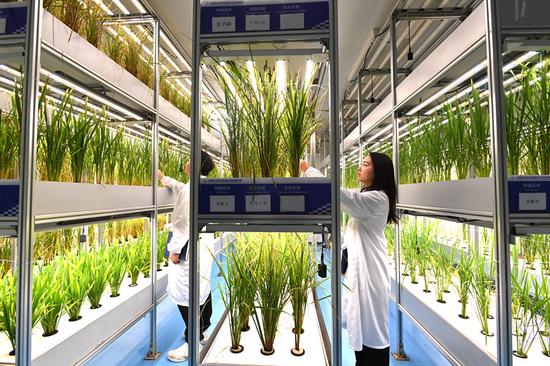



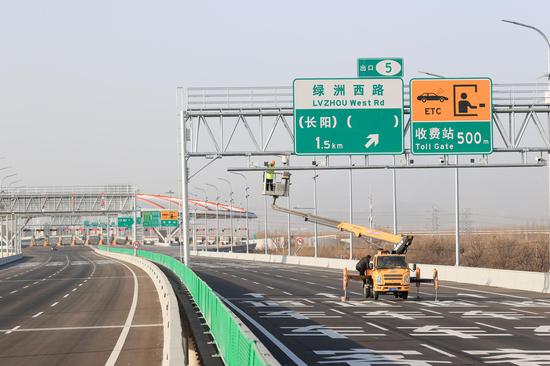








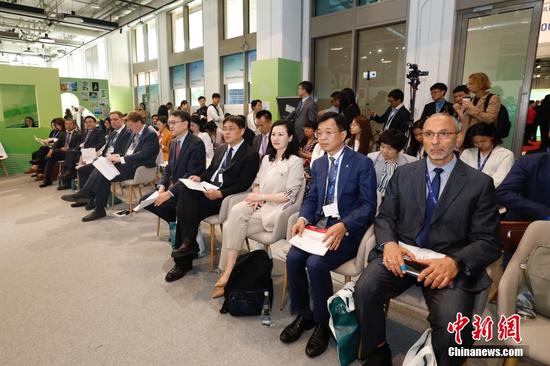










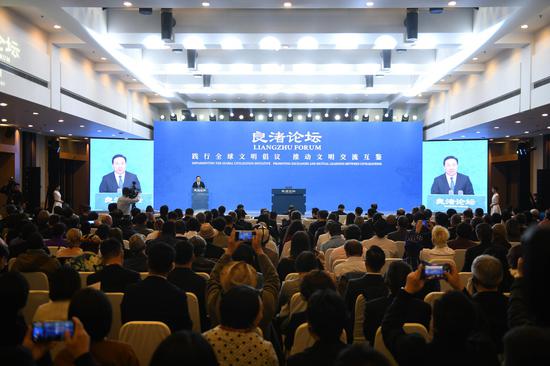










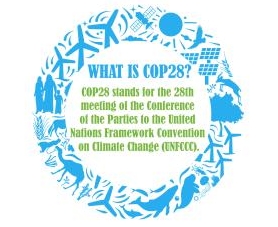






 京公网安备 11010202009201号
京公网安备 11010202009201号